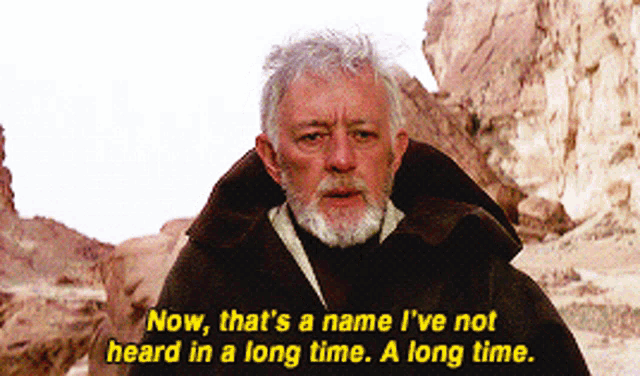Quit being so dramatic. Nobody is forcing you to use those things. Lemmy in particular is full of people who talk in detail about how they've replaced products and services from companies like Google and Microsoft with alternatives they find more consumer-friendly. And I guarantee you major brands are gonna offer ways to turn off AI features, because turning them off saves a lot of money in data centers and improves battery life in consumer systems.
lolcatnip
with the odds being good the same data could be served at 1/20th the cost today
Gotta nitpick you there. According the Moore's law (really more of a rule of thumb), the price of the silicon used to serve those videos should be 1/16 of what it is today. I'm not aware of any corresponding law that describes trends in energy consumption. It's getting better for sure, but I'd be shocked if there was a 20x improvement in 6 years.
Someone else explained how a carbon tax is different than carbon offsets, but I'll go a step further and say we should be using a cap & trade system. It would go something like this (at least in my egalitarian version):
- Require "carbon credits" to be spent to legally generate carbon and other greenhouse gasses (GHGs).
- Have a GHG treaty where signatories collectively decide on a GHG budget, i.e. an acceptable total level of GHG emissions.
- Issue an equal amount of credits to each individual such that the total amount issued equals the total GHG budget.
- Let people buy and sell carbon credits in a market system.
If someone wants to pay that much for energy and it's priced at a level that makes it sustainable, who are we to say it's not worth it?
The main argument I've seen against higher prices for things energy and water is that it would place an undue burden on low-income people, but that's one of the many problems that could be eliminated in its entirety by a universal basic income program. Even if it's just a bare-bones program that only covers the cost of an average person's water and energy needs, such a system would give everyone an incentive to conserve when possible, and it would do it without burdening people who can't afford it.
Not even democracy per se; it's a basic requirement for a society that functions at more than a medieval level.
They've essentially created their own privatized law enforcement system. They aren't allowed to enforce their rules the same way a government would be, but punishment like banning a person from huge swaths of economic life can still be severe. The worst part is that private legal systems almost never have any concept of rights or due process, so there is absolutely nothing stopping them from being completely arbitrary in how they apply their punishments.
I see this kind of thing as being closely aligned with right wingers' desire to privatize everything, abolish human rights, and just generally turn the world into a dystopian hellscape for anyone who isn't rich and well connected.
Boycotts are almost impossible to pull off successfully. This kind of thing demands legal action. IANAL but the facial recognition company putting her on a list of shoplifters is a claim that she's a criminal, which sounds like textbook defamation to me.
But it's Russian.
I see nothing wrong with defrauding conservatives. They're gonna find some grifter to give their money to, so it may as well be you.
I see you've decided to be condescending, and also made a falsifiable claim. This is the part where you bring some actual data or STFU.

It's political because caring about people who aren't rich is political.